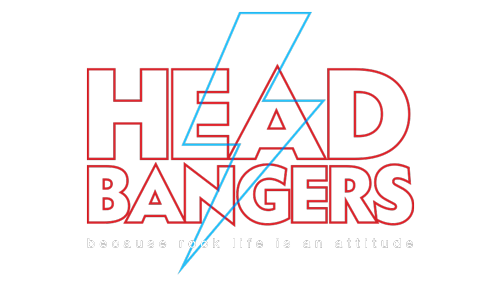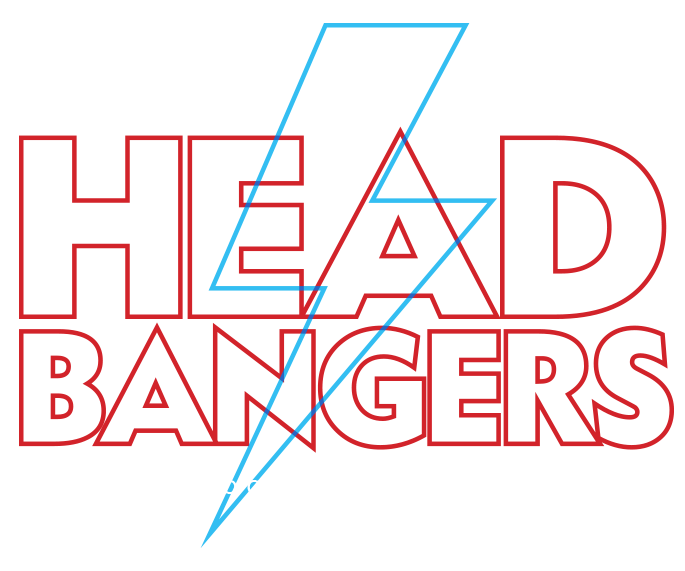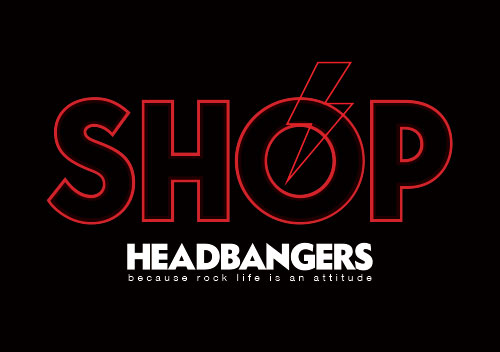Music KI in the Music Scene – In the ever-evolving world of music, artificial intelligence (KI) is no longer just a futuristic concept — it’s here, and it’s already shaping the soundscape of today. From AI-generated beats to virtual collaborators, KI is making waves across all genres, challenging traditional ideas of creativity and redefining what it means to be a musician.
AI as the New Collaborator
Gone are the days when artists needed to rely solely on human input for composition and production. With tools like OpenAI’s MuseNet, Google’s Magenta, and platforms like Soundraw or AIVA, musicians can now generate melodies, harmonies, and entire tracks with a few clicks. These tools don’t just churn out random sounds — they learn from massive databases of music to produce results that are stylistically coherent and emotionally resonant.
Artists like Holly Herndon and Grimes have already embraced AI, using it as a creative partner rather than a replacement. Herndon’s AI “baby,” Spawn, was trained on her own voice and contributes to hauntingly human-sounding compositions. This blend of human and machine input challenges the idea of authorship in music.


Music KI and Music Production
Producers are increasingly using KI to speed up workflows, generate ideas, and even mix and master tracks. Tools like LANDR offer AI-powered mastering services, while Endlesss and Amper Music let users jam with virtual musicians. These technologies aren’t about replacing producers — they’re about democratizing music creation, making it accessible to anyone with a laptop and an idea. For independent artists, KI is a game-changer. It allows small-scale creators to experiment with orchestration, emulate specific genres, and push boundaries without needing a full studio or big-budget production team.
Ethical Questions and Artistic Authenticity
But as with all disruptive technology, KI in music comes with its own set of controversies. Can a song created by an algorithm truly be called art? Who owns the rights to a track if it was partially or fully generated by AI? These are questions the music industry is only beginning to grapple with. Additionally, the rise of deepfake vocals — like AI models trained to mimic famous artists’ voices — has opened a legal and moral gray area. In 2023, a song using an AI-generated version of Drake’s voice went viral, sparking debates about copyright infringement and artistic integrity.
The Future Sound
Despite the challenges, most signs point to a future where KI and human creativity will coexist — not compete. AI won’t replace artists, but it will become a powerful tool in their creative arsenal, helping them explore new sounds, personalize experiences, and reach wider audiences. We’re entering a new era of music where the line between composer and coder is blurring. As KI continues to learn and evolve, the possibilities are limitless. Whether it’s composing symphonies, spitting bars, or remixing classics, the machine is officially in the mix — and it’s got rhythm.








